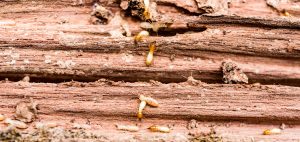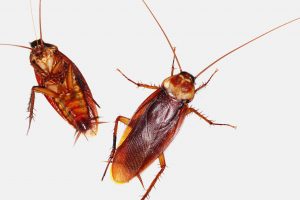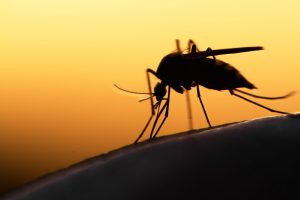
The lifestyles in Brazil have always differed from those in America, with many residents having access to the beach and the warm, welcoming sun on a daily basis. It turns out that it’s not only the people in Brazil that slightly differ from Americans, but the insects do as well. In fact, four new species found in Brazil have been known to display characteristics that make even the boldest sailor blush.
When Female Insects Aren’t Always What They Seem
According to new research based in Brazil, four species of insects have a reverse gender order, meaning that the female insects have male genitalia and the male insects have female sexual organs. How can this be? Researchers are unsure how or why the gender order is reversed, but the findings are clear: Brazilian insects are unique and extraordinary in function and structure.
Females with male genitalia seem to behave similar to male insects during the reproduction process, yet display other characteristics that are generally attributed to the female gender. This rare reversal of roles has led many scientists to study other insects in the area, hoping to find clues and other unique insects not yet discovered.
Are Brazilian Insects a Threat?
Foreign insects that are accidentally imported into the country on ships, in packages, suitcases, or produce crates can pose a serious ecological and economic threat. When plants and animals haven’t experienced contact with a certain pest, including those that are carrying a foreign disease, they are more likely to suffer greatly (if not die) following exposure. If these insects reproduce rapidly, there is no way of telling whether or not they have the potential of spreading disease or of consuming large areas of vegetation on a moment’s notice.
Great care should be taken of the home and yard when it comes to foreign pests, and measures should also be taken to ensure protection of forests, groves, and large farm areas. The use of pesticides or pest control services may play a powerful role in fighting against an unknown or foreign pest. While Brazilian insects may not pose a serious threat to the environment in North America, there’s no guarantee that there aren’t insects in the country that could expose plants, animals, and forests to negative effects.





